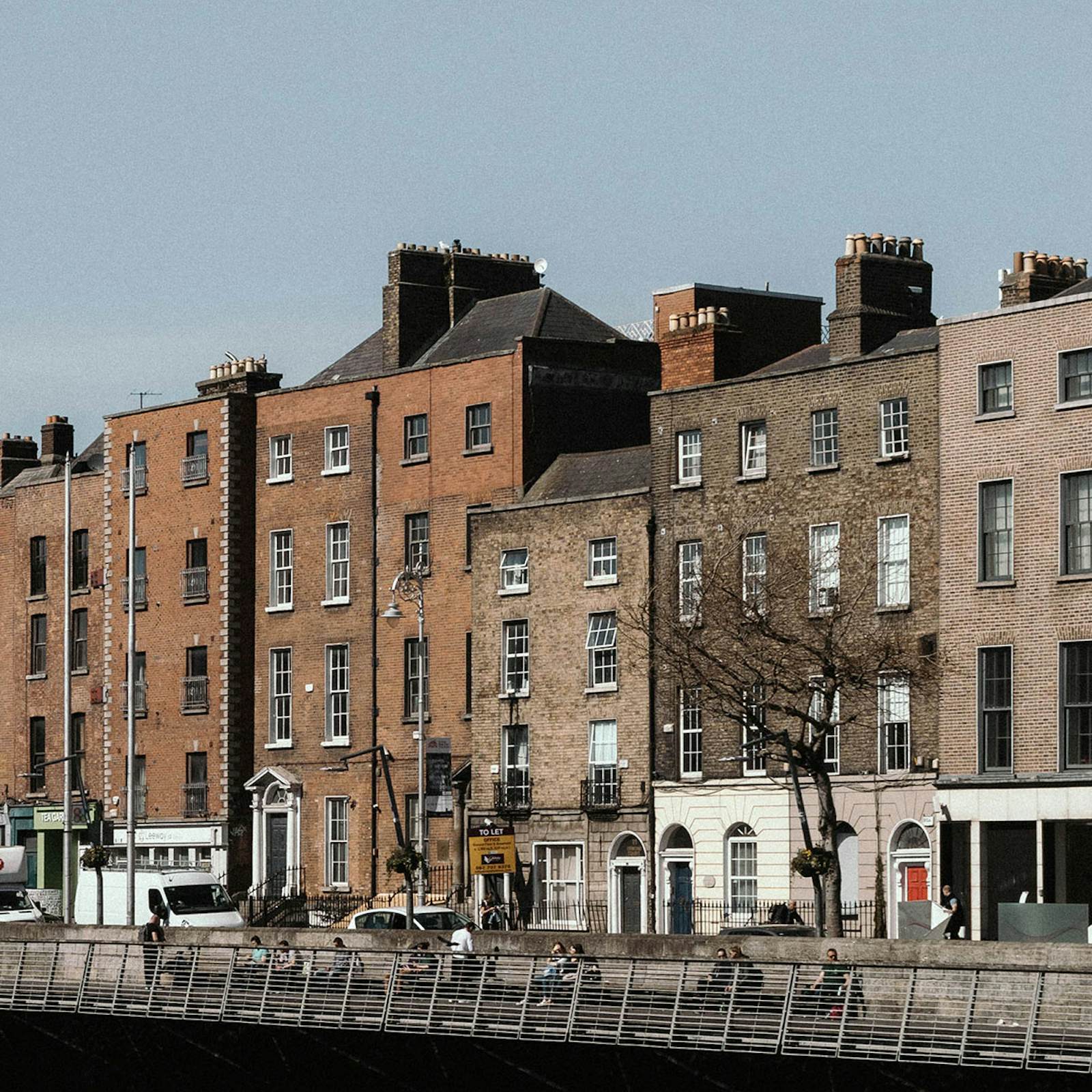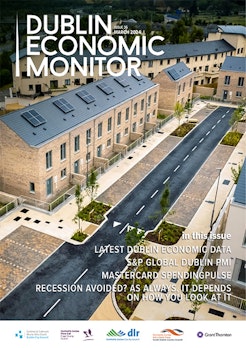

Dublin Economic Monitor
The Dublin City Region plays a pivitol role in the economy of Ireland. The Dublin Economic Monitor tracks the capital’s performance quarterly to provide insightful data.
Latest Monitor June 2025

Key quotes
The latest Monitor paints a picture of an economy holding steady in the face of global uncertainty. Dublin's labour market remains a cornerstone of this resilience, with record employment levels and falling unemployment underpinning a stable outlook. However, there are signals of caution, particularly in consumer and business sentiment, as discretionary spending dips and the pace of private sector growth softens. The sharp decline in housing supply is a flashing warning light, one that will need to be addressed if the city is to support both population growth and continued investment. Overall, the city's economic fundamentals remain sound, but momentum is more measured.
The Dublin private sector made a positive start to 2025, with business activity rising on the back of higher new orders. There was good news for the labour market as well, with the pace of job creation picking up. The picture in the Capital was broadly similar to across the Rest of Ireland in the early part of the year. One slight area of concern was a reduction in manufacturing output which limited the overall pace of growth. This will hopefully be a temporary blip and we'll see growth return in the second quarter, with the fall perhaps representing some caution in the sector amid uncertainty around US trade policy.








